Lebanon
Honking horns and cries of celebration echoed across the Beirut suburb of Dahiyeh, after a ceasefire between Hezbollah and Israel came into effect on Wednesday (Nov. 27). Many locals - returning to one of the areas hardest by Israel - brandished Hezbollah and Amal party flags.
The initial two-month agreement requires Hezbollah to end its armed presence in southern Lebanon and for Israeli troops to return to their side of the border.
For some locals, the ceasefire marks a victory against Israel.
"We don’t care about the rubble or destruction. We lost our livelihood, our properties, but it’s okay, it will all come back," Fatima, displaced from Beirut southern suburbs said.
"Just like in 2006, when it was reconstructed — Dahiyeh, the south, and Bekaa. It will be even mo re beautiful. And I say to Netanyahu that you have lost and lost and lost because we are back and the others (Israelis) didn't come back. They are still hiding in the shelters like rats. Look at us Netanyahu."
The truce could give some reprieve to 1.2 million Lebanese individuals displaced by the fighting. Across the border, tens of thousands of Israelis had fled their homes due to Hezbollah rockets fired into the country.
Israel has said it will attack if Hezbollah breaks the ceasefire agreement, while the deal does not address the war in Gaza.




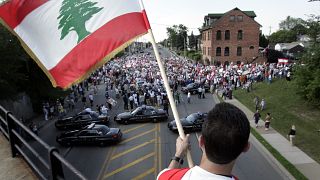
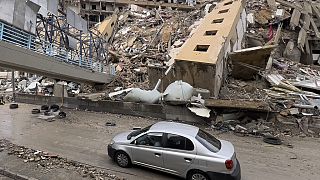
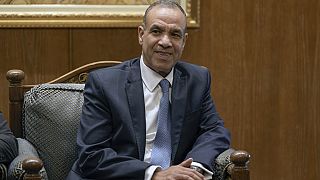
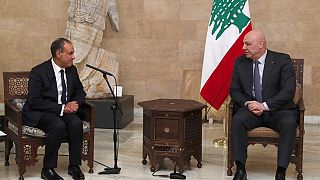
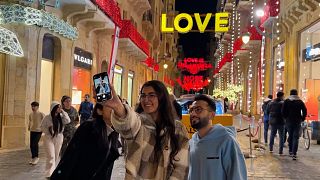
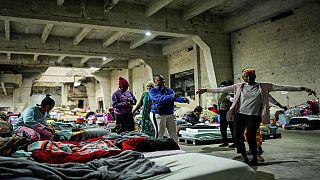



00:00
Pics of the day: April 18, 2025
01:49
For Palestinians in Gaza, the ongoing ceasefire negotiations signify little hope
Go to video
United Nations says peacekeeping is having to adapt faster
01:51
UN to scale down operations in Gaza amid escalating violence
Go to video
Trump and Putin agree on limited ceasefire amid Ukraine conflict
02:06
Ukraine agrees to US-proposal for a 30-day ceasefire with Russia